BOONE, N.C. — What constitutes wellness and how does it support student success at Appalachian State University?
Dr. Alex F. Howard, director of Wellness and Prevention Services, views wellness as a measure of how well a person is functioning when considering their holistic experience: not just physical health, but intellectual, social, emotional, financial and more.
His unit supports Appalachian students’ overall health and well-being through a variety of programs and services, addressing a total of eight dimensions. The other dimensions are environmental, occupational and spiritual.
All dimensions of wellness are important in supporting students’ ability to stay in school and complete a degree, according to Howard.
“It’s a matter of finding balance. We’re each a system made up of parts, so when some elements are lacking, students suffer,” he said.
No one wellness dimension is greater than the others, he added, although students may prioritize them differently based on their personalities and inclinations.
“I tell students, ‘Identify the micro-elements of your well-being and attend to them.’ It’s a matter of how you measure what’s off kilter in your life and what you do to get back to your best self,” Howard said.
The goal, he said, is to combine resources, support and mechanics of the eight dimensions to create an environment in which a student is successful as a whole person.
Whole-person success means that when a student isn’t performing well academically, a solution may not lie with just improving their note-taking or getting a tutor.
“There are elements outside of class that relate to student wellness,” he said. “That student might be having to work 40 hours a week to pay for school, they may be a parent, they may be isolated and needing connection.”
Who can support student wellness?
Everyone in the Appalachian Community, according to Howard. “Success is a collective effort,” he said.
While Appalachian is the “highest-touch university” Howard has worked for, he said faculty and staff can always do more in recognizing, addressing and supporting the two overarching wellness issues facing Appalachian’s campus — mental well-being (both emotional and intellectual) and connectedness, he said.
For instance, the Department of Wellness and Prevention Services recently convened a meeting of The Jed Foundation's JED Campus program and several on-campus collaborators, to include faculty and various administrators. The purpose of the meeting was to review the university’s services and efforts related to mental well-being and commit to strategic plans of quality improvement.
“If a student comes to you, give them five minutes to listen. It’s a gift to that person. It’s a precious opportunity to impact someone’s life,” he said.
For example, after a conversation with a student identified by the Office of Student Success as falling behind academically, Howard learned the student’s poor grades were not because of lack of ability but a result of the challenges in getting his child to and from day care across town while juggling work and a class schedule. Once Howard, and others from across campus, helped the student get his child into a day care facility near campus, the student’s grades began to improve.
“When I know a student’s journey, it’s a story of success because of support on campus and off campus, having people you trust who you can talk to. That’s where we have to be as a campus,” he said.
The gift may also be a smile or a wave.
“In my journey as a first-generation college student, I had a housekeeper who smiled at me every morning. After about two weeks of smiling, we started a conversation. Then, each day he’d check in — ‘Alex, how ya doing?’ Bruce, the housekeeper, was just as important in keeping me in school as a professor or an administrator,” Howard said.
Ongoing and new initiatives
Wellness and Prevention Services is part of Appalachian’s Division of Student Affairs. To support all students, the unit offers a number of programs addressing alcohol and other drugs, mental health, general wellness, nutrition and body image, support groups, sexual health and peer education.
The unit is in the middle of a four-year assessment cycle to measure student wellness so it can make data-driven decisions about its programming. Through that assessment, four groups have been identified as needing additional support to thrive at Appalachian, and Wellness and Prevention Services is working with other units to strengthen attention to them:
- Students with dependents (children or parents).
- First-generation students.
- Students with financial needs.
- Students with addictions.
“We’re asking, ‘How do we create intentional and appropriate services to address these students?’” he said. “Identifying, protecting and enhancing student well-being does not belong to one unit on campus. It’s everyone’s responsibility,” he said.
For students struggling with addictions, Wellness and Prevention Services launched a Collegiate Recovery Community (CRC) in 2018-19. It meets twice a week for those in recovery from substance use, eating disorders, sex addiction, depression or other issues, and also hosts sober tailgating and other events to give students a physical space and social environment to support their recovery.
In coming years, Wellness and Prevention Services also plans to expand its mindfulness training, which can support the well-being of all students, Howard said.
“My message is, student wellness is a collective and communal effort,” he said. “Our wellness, as individuals and as a campus, is a collective endeavor. We have to talk about that and act on that.”
Finding balance academically, financially, personally
Wellness and Prevention Services makes strategic partnership with Jed Foundation Campus Program
About Student Affairs at App State
Student Affairs at App State supports student success and well-being by fostering a culture of care, inclusion and engagement. Its mission is to develop lifelong learners and dynamic leaders through meaningful experiences that challenge and support students. Grounded in a commitment to care, engage and transform, Student Affairs creates a student-centered environment that encourages resilience, leadership, service and global learning. Student Affairs encompasses the following units: Campus Activities, Case Management, the Child Development Center, Community-Engaged Leadership, Counseling and Psychological Services, Office of the Dean of Students, New Mountaineer and Family Engagement, Off-Campus Student Services, Plemmons Student Union, Student Conduct, M.S. Shook Student Health Service, Student Legal Services, Student Veteran Services, University Recreation, and Wellness and Prevention Services. Learn more at https://studentaffairs.appstate.edu.
About Appalachian State University
As a premier public institution, Appalachian State University prepares students to lead purposeful lives. App State is one of 17 campuses in the University of North Carolina System, with a national reputation for innovative teaching and opening access to a high-quality, cost-effective education. The university enrolls more than 21,000 students, has a low student-to-faculty ratio and offers more than 150 undergraduate and 80 graduate majors at its Boone and Hickory campuses and through App State Online. Learn more at https://www.appstate.edu.
What do you think?
Share your feedback on this story.
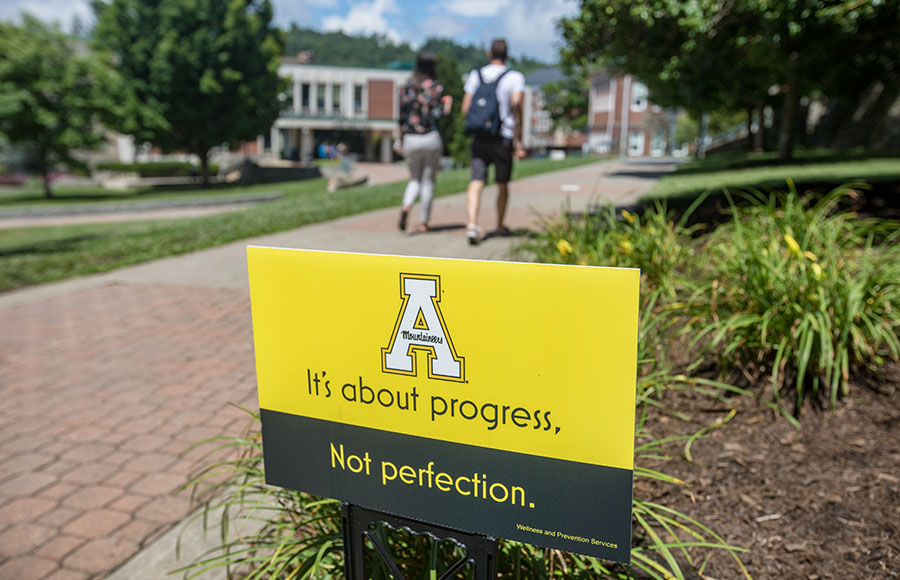

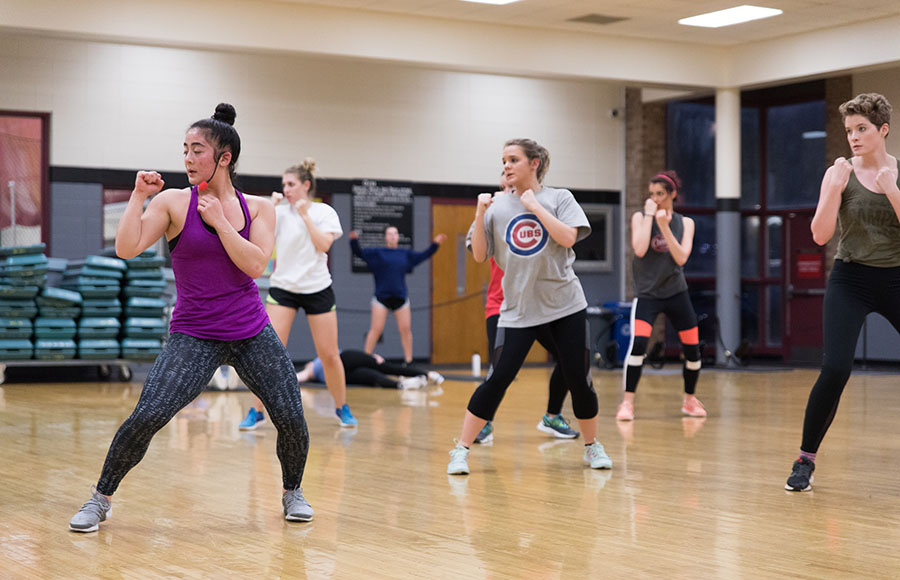


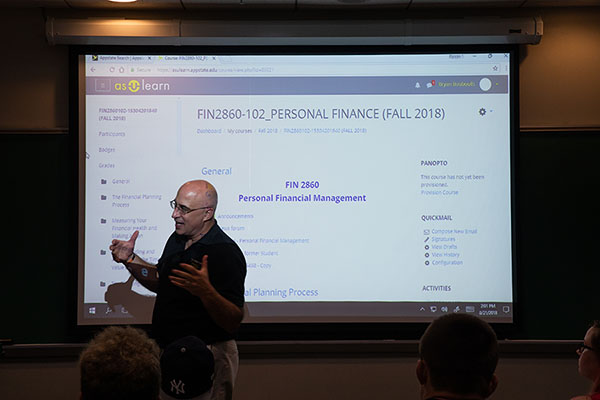
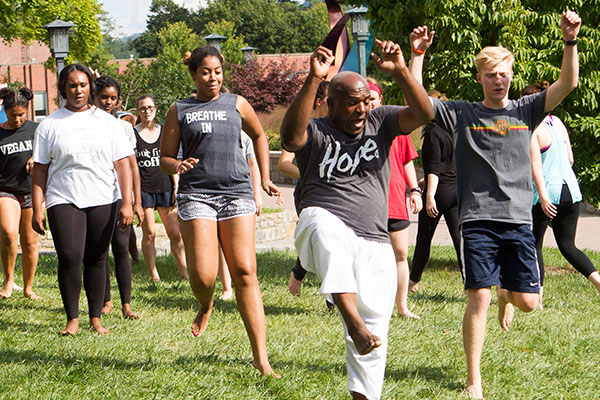
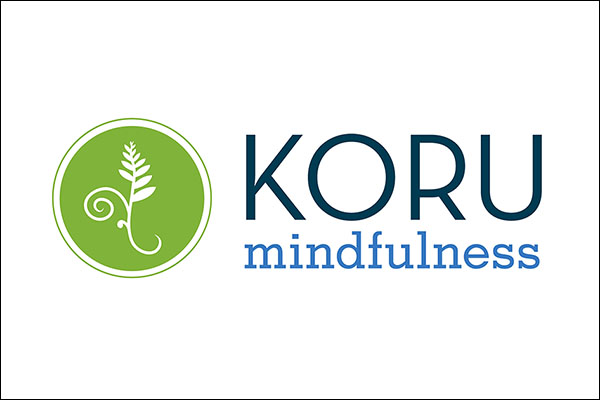

![How NCInnovation Is Rethinking Economic Development in North Carolina [faculty featured]](/_images/_posts/2026/02/rethinking-economic-development-600x400.jpg)









